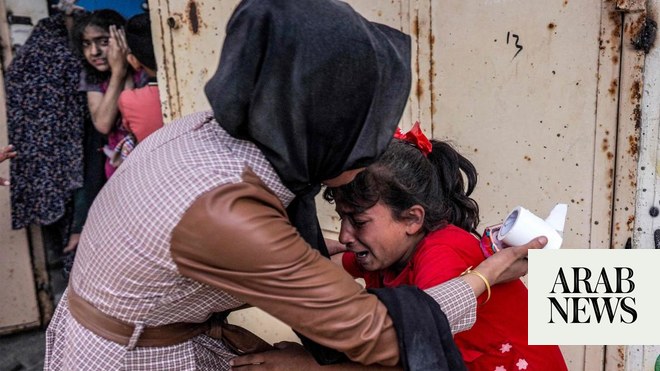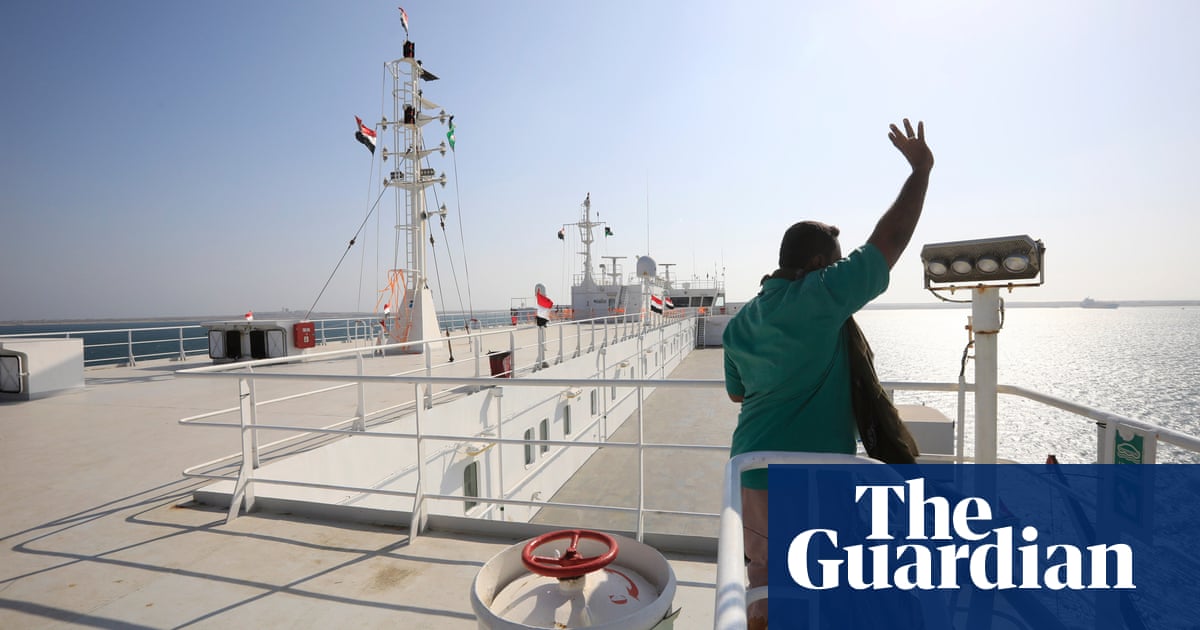
Britain and the United States urged on Tuesday for expanding the powers of the Organization for the Prohibition of Chemical Weapons (OPCW) to ensure that blame is pinned on perpetrators of chemical attacks.
"We all hoped that these terrible instruments of death would never be used again," British Foreign Secretary Boris Johnson told a special session of the OPCWs top policy-making body in The Hague.
"But the tragic reality is that chemical weapons have been used and are being used all over again."
In the absence of any mechanism to identify who is behind any such attacks, Britain supported by its allies has put forward a proposal that the OPCW should be mandated to "attribute responsibility for chemical weapons attacks".
Both Moscow and Damascus have vehemently denied using poison gases and a rare nerve agent in recent months and years, and argued there should be no change to the mandate of the OPCW.
The talks called by London come as the OPCW is expected to unveil soon its report into a sarin and chlorine gas attack in April in the Syrian town of Douma. Medics and rescuers say 40 people were killed, blaming the attack on the regime of Bashar al-Assad.
Johnson also highlighted the "appalling" nerve agent attack in March on former Russian double agent Sergei Skripal and his daughter in Salisbury, blamed by London on Moscow, saying areas in the town were still being decontaminated.
In 2017, the North Korean leader Kim Jong Uns half-brother was assassinated with a nerve agent in an attack in Kuala Lumpur airport.
"We in the international community cannot ignore these breaches of the Chemical Weapons Convention," Johnson said.
"None of us wants our children to grow up in a world where the use of chemical weapons becomes normalized. And I think today we all have the responsibility to act."
US Deputy Secretary of State John Sullivan agreed, saying "state and non-state actors are challenging the international norm against chemical weapons use".
"Allowing chemical weapons use to continue with impunity threatens our rules-based order and all nations around the world."
But Moscow hit back that changing the OPCWs mandate was a "destructive idea" which would undermine the bodys legal basis.
Late last year, Russia wielded its veto power at the UN Security Council to effectively kill off a joint UN-OPCW panel aimed at identifying those behind attacks in Syria.
Tensions ran high from the start at the London meeting. It took three hours of a heated debate just to adopt the agenda. And there was no early consensus on the British draft, meaning delegates have to wait 24 hours before voting on it behind closed doors on Wednesday.
"If accountability is avoided the potential re-emergence and acceptance of chemicals as weapons of war and terror will not be deterred," outgoing OPCW head Ahmet Uzumcu warned, saying his body was ready and able to carry out a new mission.
Speaking for the EU, Judit Koromi said: "The question of attribution can and should be addressed by the OPCW."
"There can be no impunity and those responsible for such acts must be held accountable," she added.
A two-thirds majority, minus any abstentions, is needed for Britains draft to pass.
Before its mandate expired in December, the panel known as the JIM (Joint Investigative Mechanism) had determined that the Syrian regime used chlorine or sarin gas at least four times against its own civilians.












